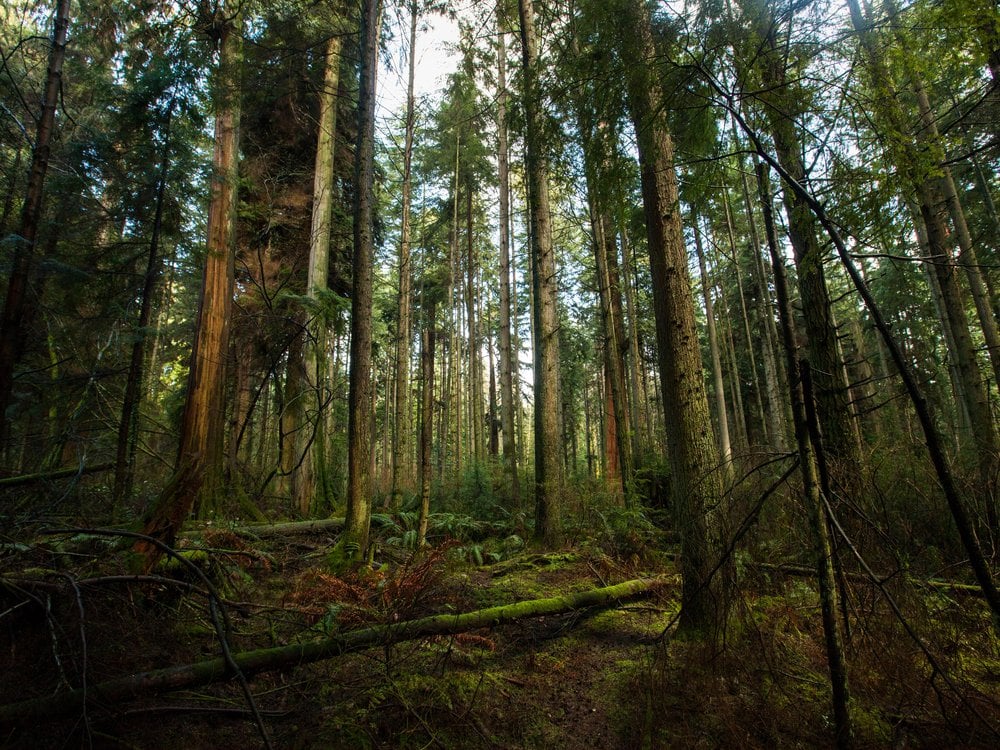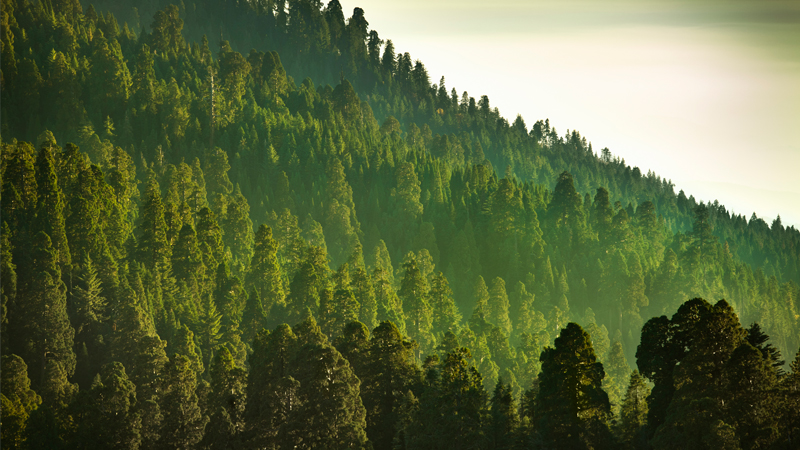In The MIT Press Reader a professor of sociology utters yet another version of the old Pharisee’s prayer, this time on climate. She writes about people in a Norwegian community where she recently lived who believed in global warming but did nothing about it. Which she explains by saying they were all suffering from various psychological defects, partly denial but mostly “blue pill” conformism to the “socially constructed” norms of what to think about. Thank God professors of sociology are not like other people.
The “all Cretans are liars” paradox is an old one. Perhaps in consequence it seems to have lost traction in the modern world, in which people are surprisingly quick to consign the thought processes of others to the rubbish heap in ways that, if applied consistently, would do the same to their own.
For instance, Professor Kari Marie Norgaard, after toying with the idea that rural Norwegians are in shock over climate to a degree that paralyzes their volition and cognition, opts primarily instead for the insights of one Eviatar Zerubavel on “the sociology of cognition”, explaining that for we non-Pharisees “’Cognitive traditions’ or collective patterns of thinking differ from one ‘thought community’ to another. How we think is part of culture and marks our participation in community. Cognitive traditions and thought communities thus shape how and whether groups of people think about climate change and whether they perceive the topic as relevant for everyday life. From the inside, boundaries of thought appear ‘natural,’ and ‘commonsense’ decisions about what to pay attention to or ignore appear strange only when we are outside a given cognitive tradition. Zerubavel calls this social shaping of our awareness, memories, and thought patterns the ‘social organization of denial.’”
The appropriate response to such talk, so old it’s in Latin so there’s no excuse for not having thought about the vicious circle involved, is the curt “tu quoque” meaning “you too” or “I know you are but what am I?”. And a normal person would immediately reflect that professors of sociology are certainly themselves a “thought community” and frankly rather a narrow one, within which it undoubtedly seems natural to believe that our own view of climate change is objective and crystal clear whereas others are walled in by the “social organization of denial.” But such considerations do not disturb those happy souls who inhabit the august realms of “environmental sociology, gender and environment, race and environment, climate change, sociology of culture, social movements and sociology of emotions.”
The result, naturally, is that dialogue collapses, because “We are principled whereas you are ideological.” And thus books get written with titles like Living in Denial: Climate Change, Emotions, and Everyday Life (by one Kari Marie Norgaard) that confirm that only they can see the truth. And nobody even goes “Ahem, you’re not a climate scientist”, though this retort seems “natural” and “commonsense” nor is anyone likely to mention the possibility that all these nice villagers you’re talking down to are too polite or too intimidated by social norms to admit to a zealot like yourself that they don’t really think climate change is going to cause a catastrophe.


